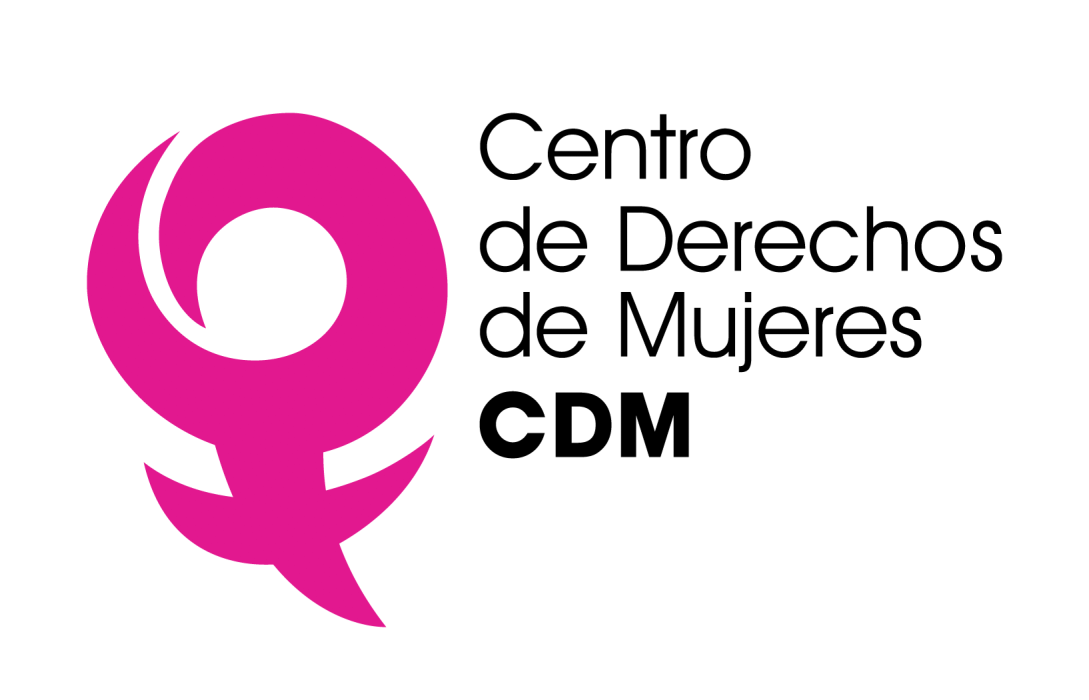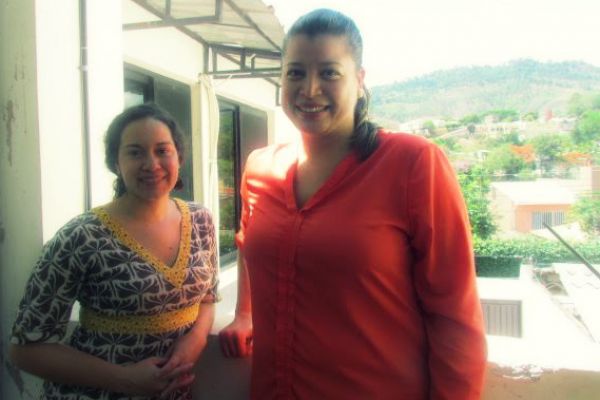After being repeatedly raped by a male neighbor, 13-year-old L.C. of Peru became pregnant and attempted suicide by jumping from a roof. She suffered a severe spinal injury that required immediate surgery; however, despite the fact that abortion was legal in Peru when a woman’s health or life was at risk, doctors refused to operate due to a risk to the pregnancy. As a result, L.C. is now quadriplegic.
This year, as part of a United Nations ruling, the Peruvian government publicly admitted that L.C.’s human rights were violated because she was denied an abortion that was medically necessary.
The Centre for Reproductive Rights (CRR) was one of the key organizations to bring L.C.’s case to the United Nations. CRR has strengthened laws or policies in over 50 countries and improved access to birth control, reproductive health care, safe abortion, prenatal and obstetric care and information without bias.
“When we achieve success, other governments in Latin America take note and sometimes this helps to speed up change,” explains Ana María Palacios, CRR Legal Fellow for Latin America and the Caribbean, of the Peru ruling.
They have seen improvements over the years—for example, the decriminalization of abortion under exceptional circumstances is underway in Chile, and in Mexico City abortion is fully legal.
In Honduras, however, the situation remains dire. Representatives from CRR came to Honduras in May to strengthen efforts to improve reproductive rights.
Lacking preventative options, it is estimated that tens of thousands of Honduran women seek clandestine abortions each year—and that those who die from an unsafe procedure are often poor and uneducated. There is no public sex education program, contraception can be difficult to access (the morning after pill is banned) and there is high impunity for sex offenders.
In Palacios’ opinion, the government is making decisions about women’s rights without any attention to international agreements on human rights; what’s more, the prohibition of the morning after pill is a denial of necessary health services to women.
“A woman who has been a victim of sexual violence, without access to the morning after pill, is obligated to have an illegal abortion or a pregnancy that she does not want.”
International experts confirm that the current state does not support women’s human rights. According to the Special Rapporteur for the United Nations on Torture (article 50), by withholding the right to a safe abortion in exceptional circumstances, the state denies a woman’s right to live free of torture and maltreatment. Meanwhile, research by the Guttmacher Institute shows that countries with restrictive abortion laws and limited access to contraception have higher abortion rates than countries in which abortion is completely legal. Access to contraception and sexual health educationare deemed to be the key factors in preventing unwanted pregnancies.
A group of non-profit organizations, women and feminists are working together to try to change the country’s abortion laws. Somos Muchas (We are Many) recently held a press conference to outline its request that abortion be decriminalized under three exceptions: rape, where a women’s health and life are in danger, and where the fetus suffers severe malformations that are incompatible with life. Somos Muchas is currently lobbying the government during its review of the 33-year-old penal code.
Palacios urges people to continue to support these causes. “Reproductive rights are about giving women who have been violated access to proper services. It is about teaching people about sex education and providing them ways to prevent pregnancy.”
Somos Muchas will continue to present information online, to media and at events during the summer. To connect with Somos Muchas, supporters can send an email, follow them on Twitter or add them on Facebook.

